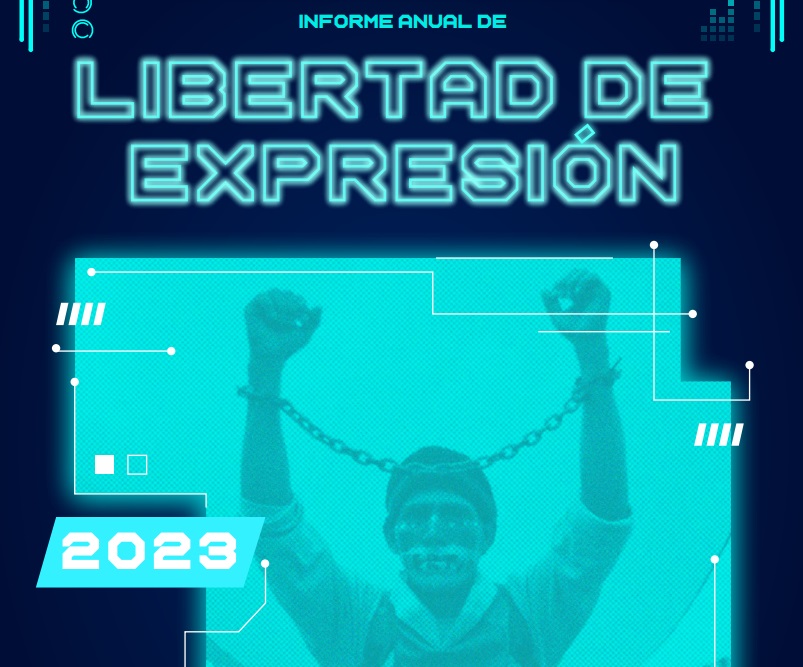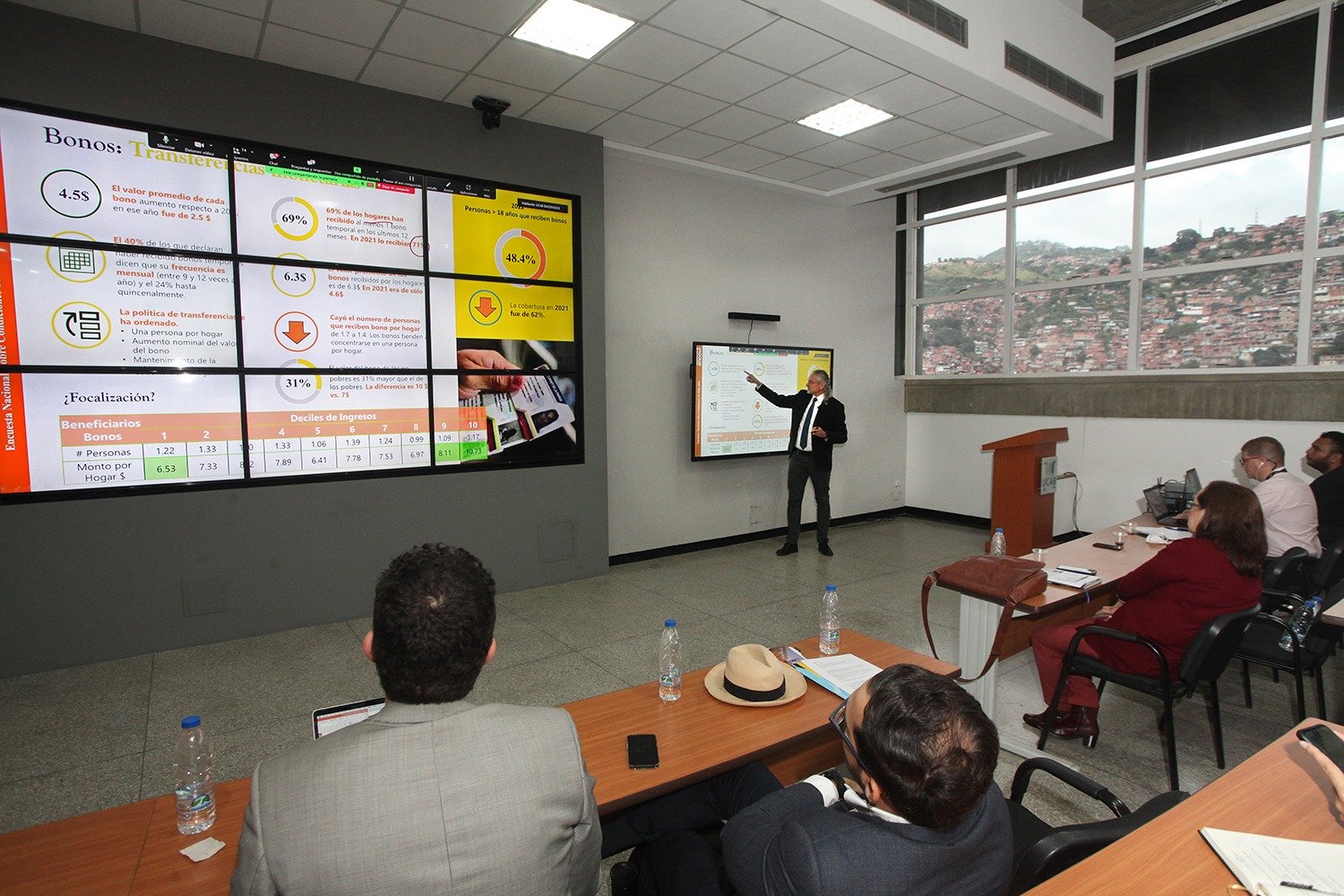This speech was made by Maria Corina Muskus, representing the United Nations Mayor Group on Children and Youth Migration Focal Point, and Venezolanas Globales in the forum organized by the International Organization for Migration called Re-imagining the role of migrants and human mobility for the achievement of the Sustainable Development Goals
“Good day everyone,
I would like to thank the International Organization for Migration for the invitation.
My name is Maria Corina Muskus, I am a Venezuelan, a woman and a migrant. I come here today representing the United Nations Mayor Group on Children and Youth Migration Focal Point, as Board Member in Gender and also as Director of Venezolanas Globales, the first and largest network that gathers and connects Venezuelan migrant women.
I want to begin my remarks by telling you a story: Felimar Luque is a doctor, a Venezuelan gynecologist that migrated to Peru, her dreams to keep performing her duties as a doctor were shattered once in Lima. Where she sold arepas, Venezuelan typical food, in a street market with her sister. For more than a year she dreamed of pursuing her profession and what was a terrible crisis for some became an important opportunity for her. As a consequence of the COVID 19 crisis and the lack of health professionals, she is now working in the most important social security hospitals in Peru.
This is a great example to let us understand the importance of social and economic inclusion of young migrants. States can accomplish much when they let migrants regularize and use their skills to benefit the community and their host country. Migrants are not a burden, but an added value to the society’s development.
When discussing the pandemic and the solutions to the COVID 19 crisis it´s not only important to consider a gender perspective but to understand that the impacts of migrant women are different as they experience inequality and discrimination in a diverse way. According to the recent IOM World Migration Report in 2020, migrant women represent around 74% of the service industry. And their vulnerabilities during this crisis, not only includes gender-based violence, but also Xenophobic rejection, greater insecurity against the virus, an overload of care work, and increased gender-based violence, as migrant women do not have sufficient support and network. In the specific case of migrant girls, imagine what this means, according to the Malala Fund recent report around 20 million more secondary school-age girls could be out of school after the COVID-19 crisis has passed.
States must then recognize structural discrimination and the challenges that a person faces if they are young, but also a migrant, and a woman, or a girl. We, migrant women and girls, as mentioned before face particular vulnerabilities and it’s important to address our needs when developing public policy and during decision making it is important to listen to our needs.
In the particular case of health services, there are difficulties for migrants and refugees. As mentioned by special rapporteurs of the UN on migrants, Felipe González Morales, and on trafficking in persons, Maria Grazia Giammarinaro. “States should also take steps towards the regularization of undocumented migrants whenever necessary, in view of facilitating their access to health services during the fight against the pandemic”. Therefore, it is important to grant migrants access to service and healthcare regardless of their migration status and in particular, young women and girls need to continue to have access to sexual and reproductive rights despite this covid-19 crisis.
It’s important to recognize our vulnerabilities but also know that migrant women are also agents of change. For example, in Venezolanas Globales, the platform I coordinate that gathers and empowers women from the Venezuelan diaspora. In the beginning we were just a few Venezuelan women connected on a Facebook group, two years later we are a community of more than 2 thousands Venezuelans and 19 Ambassadors in more than 14 cities in the world that organize meetings and discussion with women from the diaspora. This community understands the need to adapt to a new country, and even though we are highly skilled migrants sometimes we need to reinvent ourselves. That is why we run up sessions about personal development and professional skills. Even though we are migrating due to a terrible complex humanitarian crisis, we would also like to be recognized as agents of change and migrants that provide an added value to the local communities.
This dialogue is called Re-imagining the role of migrants and human mobility for the achievement of the Sustainable Development Goals in that sense it is important that we support women and girls led and youth lead initiatives. Include women and girls, especially migrants, in decision-making processes. Make sure that when creating a response to the pandemic, migrants have affordable and effective access to health care and education.
We should not need a pandemic to realize that cases of migrant women such as Felimar can contribute to the host country. States shall ensure that the skills and qualifications of migrant women are recognized and create logic and reasonable pathways to integrate us socially and economically so that we can provide our talent and knowledge in order to contribute to the host country.
Thank you very much!”




